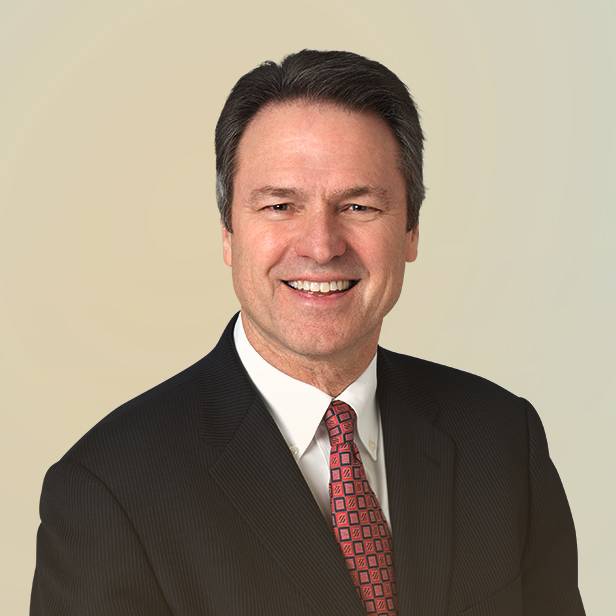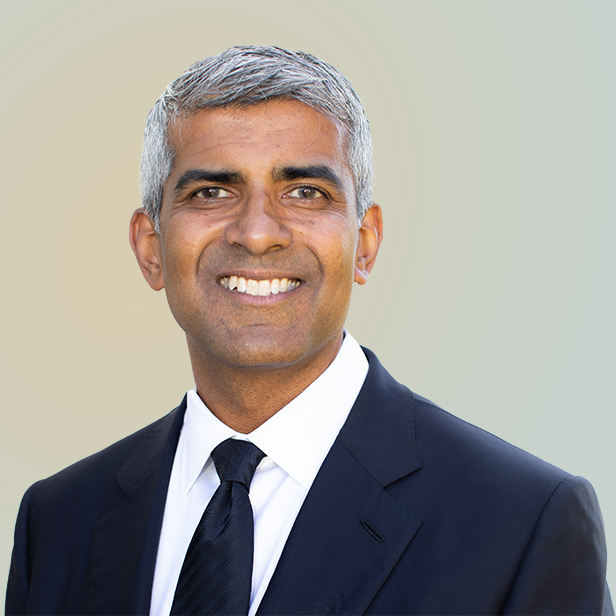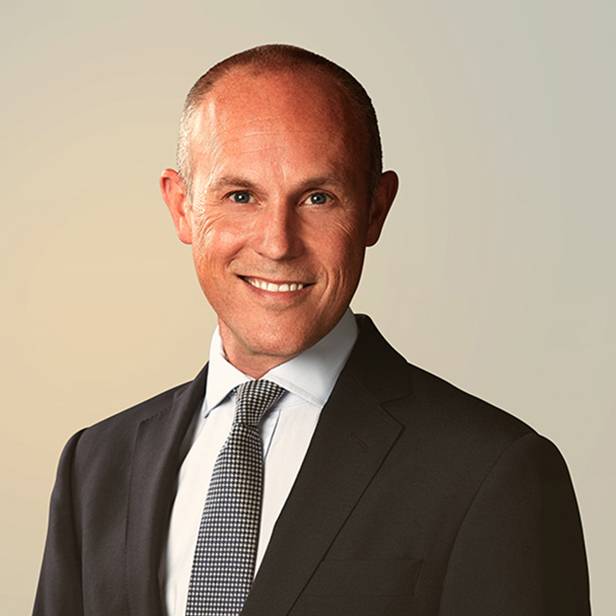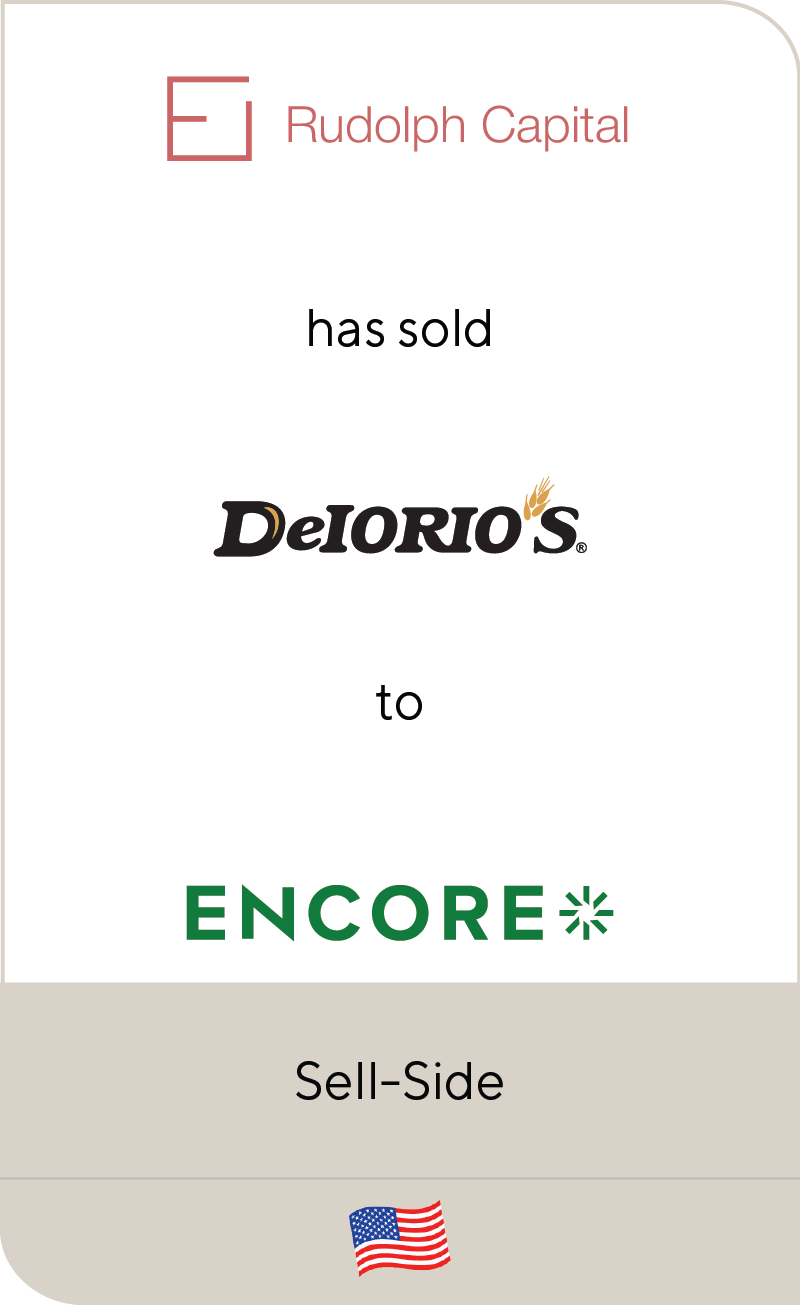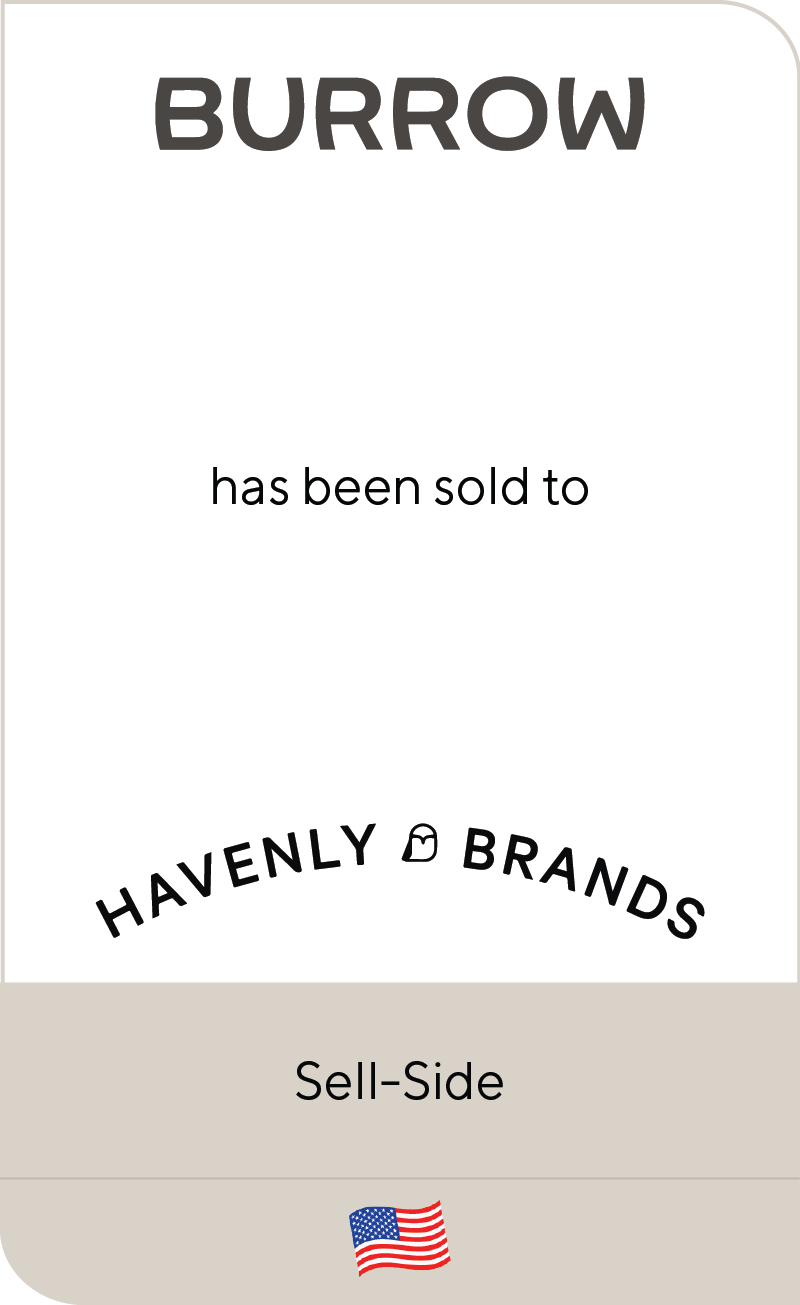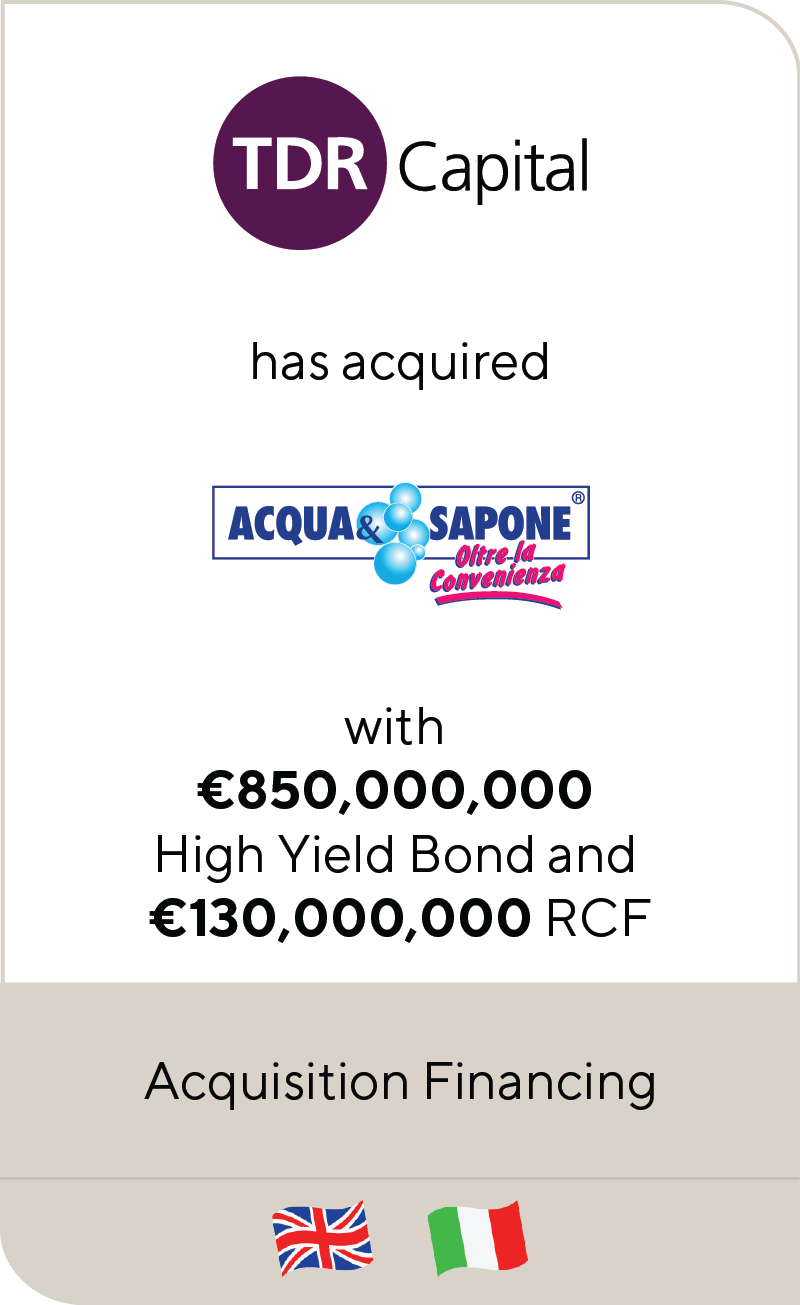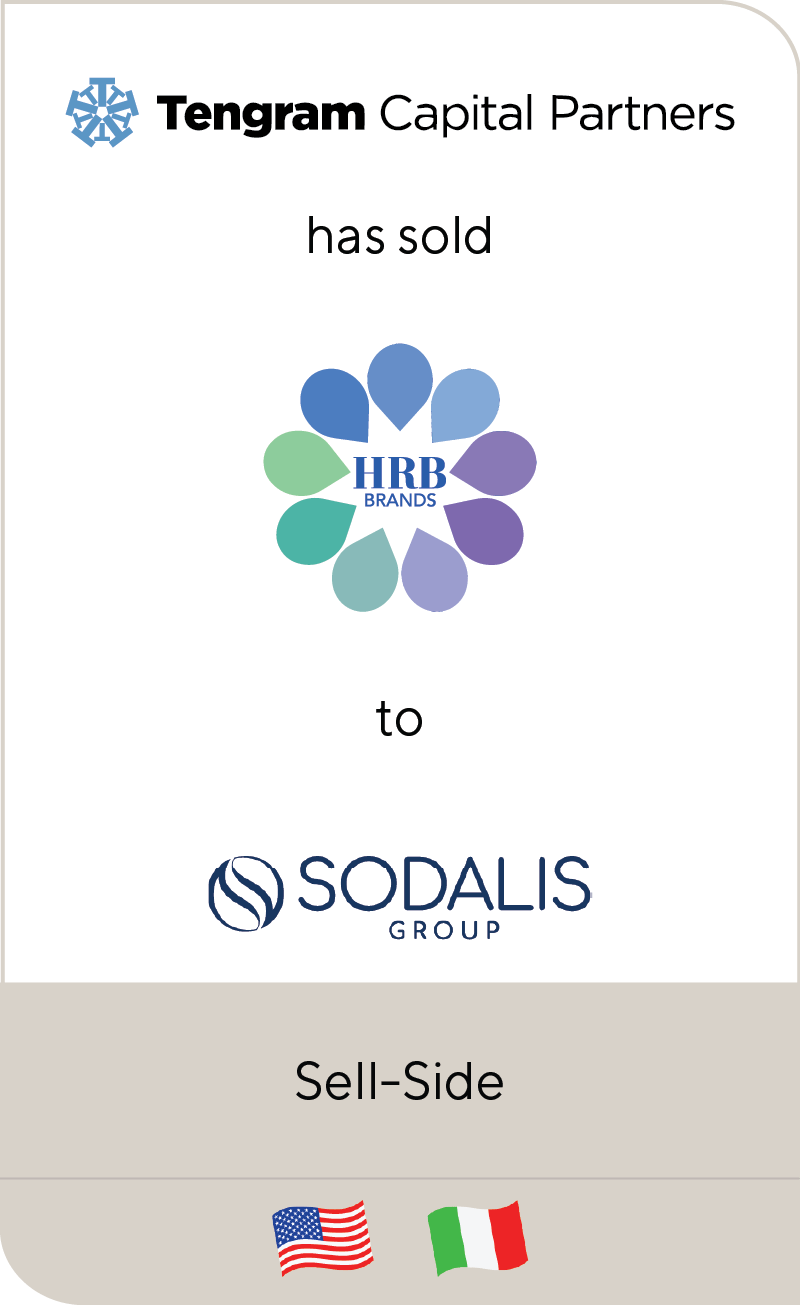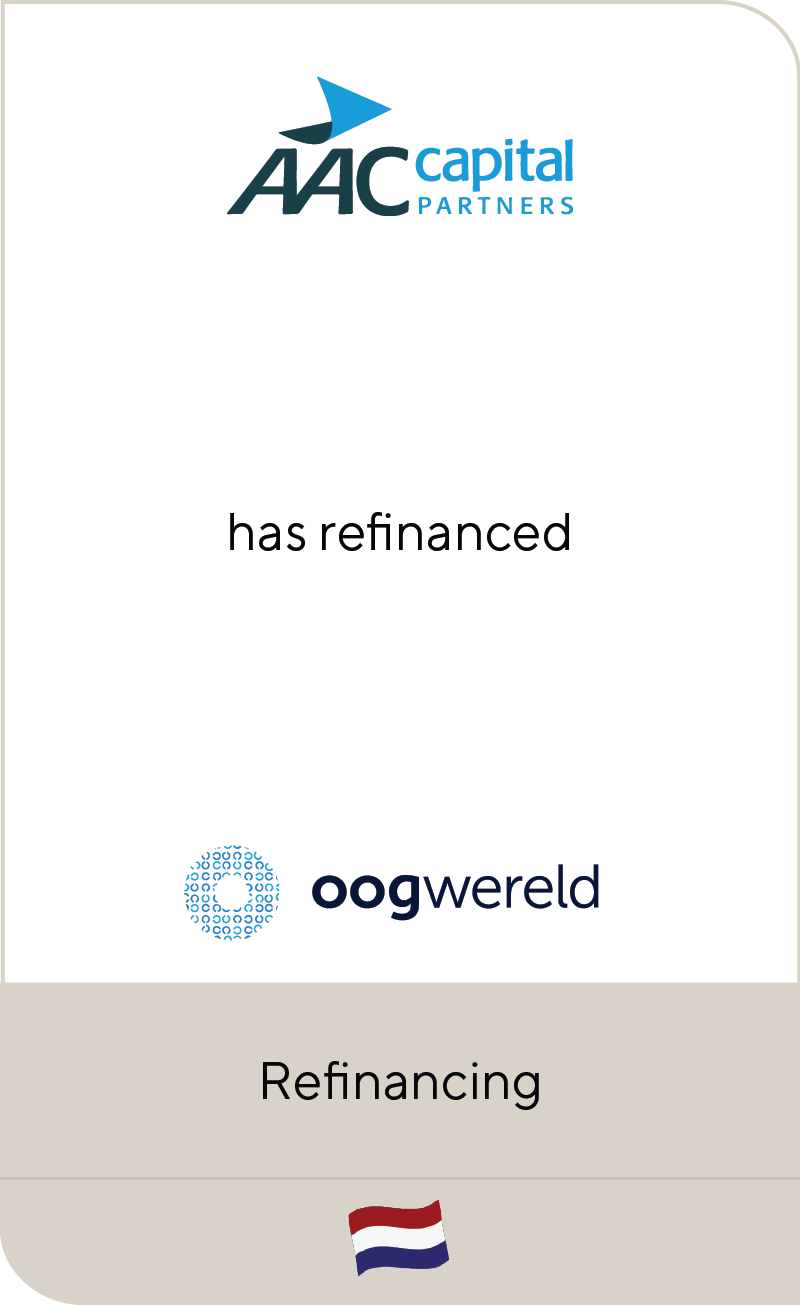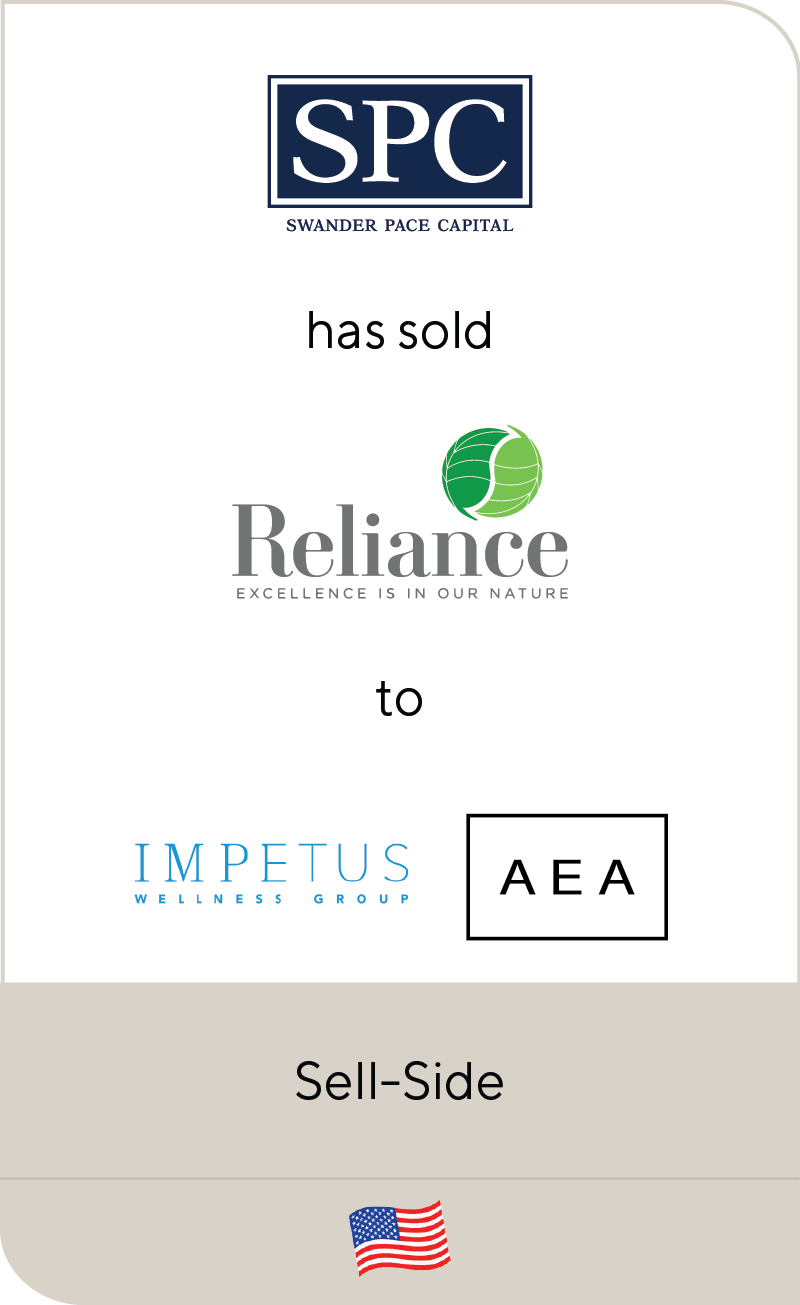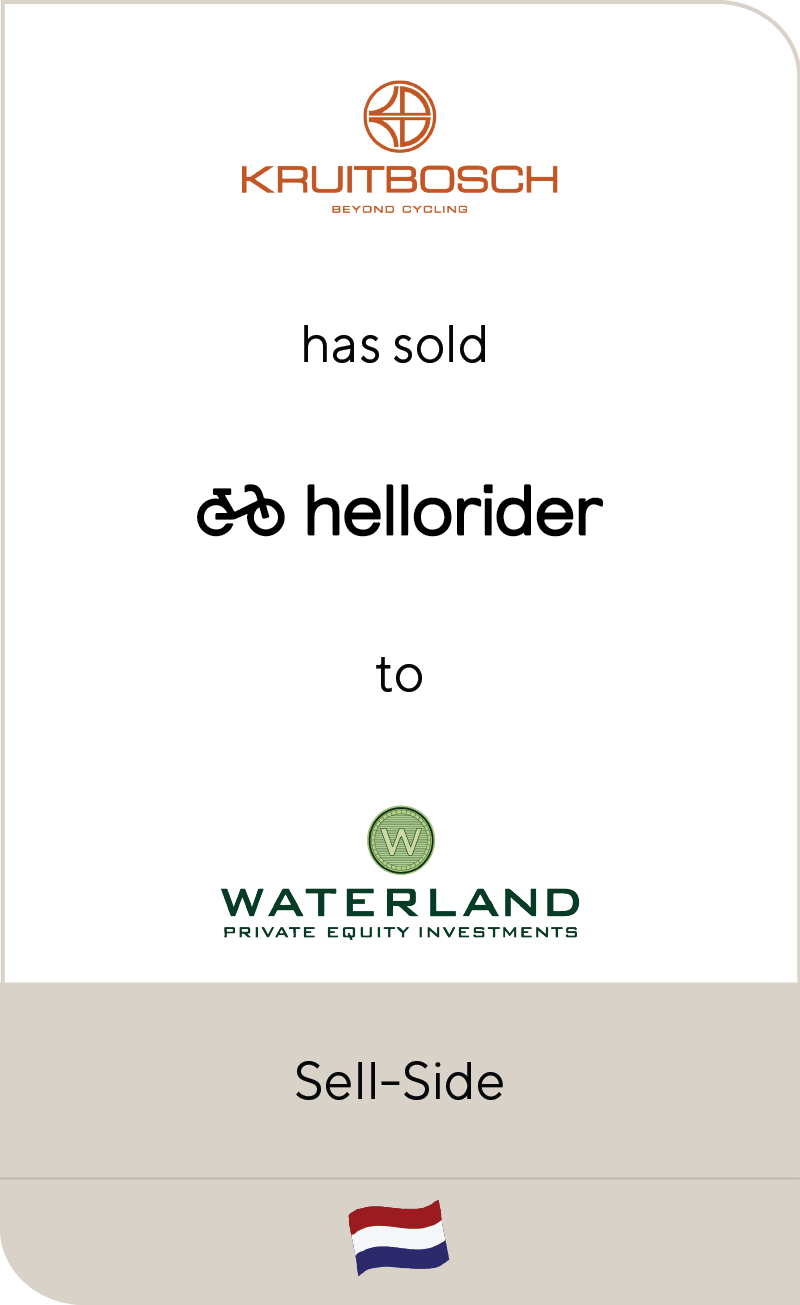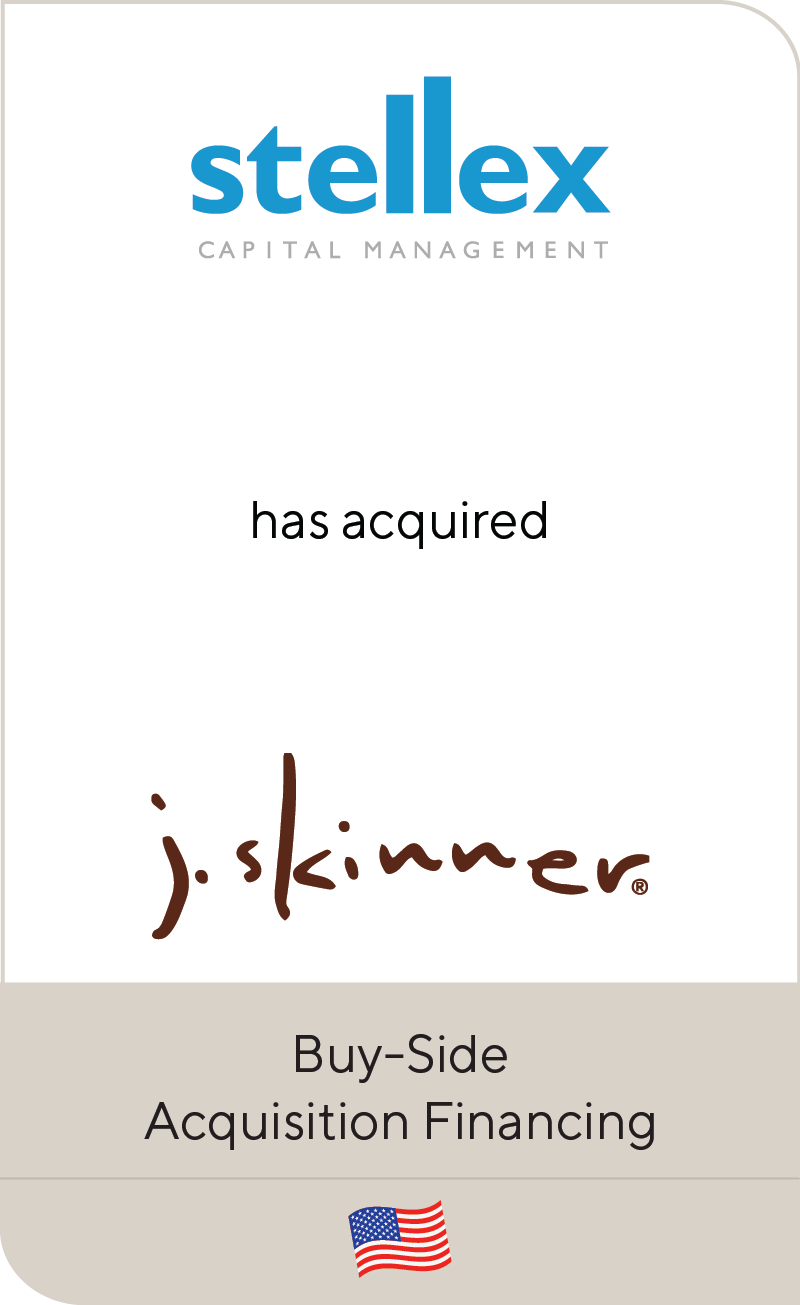A New Standard for Beauty and Apparel: Inclusive Products and Sustainable Brands
Sep 2022
| Investor interest in environmental, social and governance (ESG) increases daily. As a result, companies and brands are now being called upon to prioritize ESG activities in an authentic and transparent manner. |
Summary
-
Lincoln experts share the ways beauty and apparel companies are incorporating ESG into their daily practices and business models.
- Click here to download a printable version of this perspective.
- Sign up to receive Lincoln's perspectives
Beauty and apparel companies have identified ways to incorporate ESG into their daily practices and business models writ large, particularly as it relates to sustainability and social issues. A few examples include:
| Product Formulations: A product’s formula and corresponding ingredients are at the root of a brand’s ESG efforts. Consumers are increasingly gravitating towards clean ingredients, which have become the status quo, as well as products that earn a cruelty-free status by avoiding ingredients tested on animals. How and where raw materials are sourced from has also become a leading topic of interest with investment and efforts placed on causing the least amount of harm and disruption to the environment when procuring unique ingredients or raw materials.
Sustainable Manufacturing: ESG practices are seen throughout the production process from ensuring workers are paid fair wages and provided safe working conditions to using recycled and upcycled materials in products. A growing number of brands are incorporating circular business models by launching resale programs that accept their pre-owned merchandise. The packaging and exterior of a product is just as important as what goes into it. Brands are prioritizing eco-friendly and waste reduction principles in their product packaging and adopting more sustainable shipping processes. One example is cutting down on fast delivery practices as they are one of the largest contributors to climate change. Size-inclusive Fashion: Before making a purchase, customers want a brand that caters to all body types and offers clothing sizes that represent the full spectrum of consumers. When executed well, size-inclusive brands develop strong customer loyalty and increase repeat purchases. More inclusive sizing is also important to ensure brands live out commitments to inclusivity and representation in the products and clothes they sell. Diversity in Advertising: As with size-inclusive fashion, consumers also want to see beauty brands prioritize and value inclusivity, and not just in product availability, but also brand advertising. For example, offering makeup shade ranges beyond those catering to caucasian skin tones, hair products formulated for different textures, skin care formulations developed for melanated skin tones and representation of men and women of all ages. When going to market, consumers want to see an advertising approach that is representative of the diversity in the communities where brands sell their products. Consumers are more likely to make a purchase when the model looks like themselves – diversity commitments must extend throughout marketing and advertising content to be truly genuine. Ensuring the people both in front of and behind the camera reflect diverse ages, ethnicities, races, gender identities and body types, will produce more representative content. |
ESG needs to be built into the DNA of a brand—moving beyond boxes to check to the core of a brand’s positioning. It is increasingly emphasized in deal due diligence processes and the brands that have a strong and authentic story to tell are winning. Key considerations for brands pursuing a sale include demonstrating transparency and the regular reporting of metrics. Additionally, brands should be selective when identifying partners—from celebrity endorsements to manufacturers and distributors—to ensure they align with and embody your ESG values. While all consumers may not pay more for sustainable products, many consumers will shift their purchases to companies that prioritize sustainable practices.
These issues are highly complex and require in-depth knowledge of the beauty and apparel industries. Working with a partner who knows the business elements and understands the importance of tying ESG to purpose is critical.
Interested in receiving similar insights? Sign up to receive additional perspectives from Lincoln International.
Contributors

With a commitment to building lasting relationships, I take a bespoke approach to the individual needs of every client I work with, seeking to be their champion, trusted advisor and partner well before, leading up to and throughout any potential transaction that may take place.
Ashleigh Barker
Director
Los AngelesMeet Professionals with Complementary Expertise in Consumer

I have a hands-on approach and bring energy, creativity and passion to every client transaction.
Eddie Krule
Managing Director
Chicago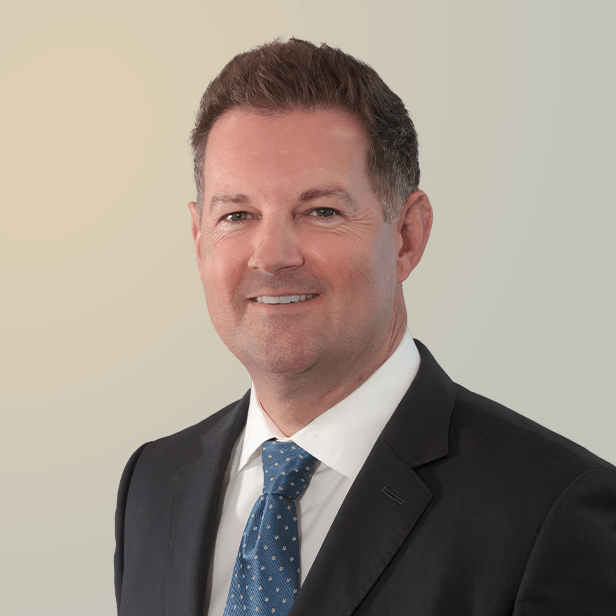
I design strategies and offer solutions that fit the unique ambitions of each client I serve.
Brian Little
Managing Director
Los Angeles
I take a long-term approach to building relationships and understanding clients' businesses in order to provide timely and relevant advice.
Alex Masters
Managing Director & Co-head of Consumer, Europe
London
